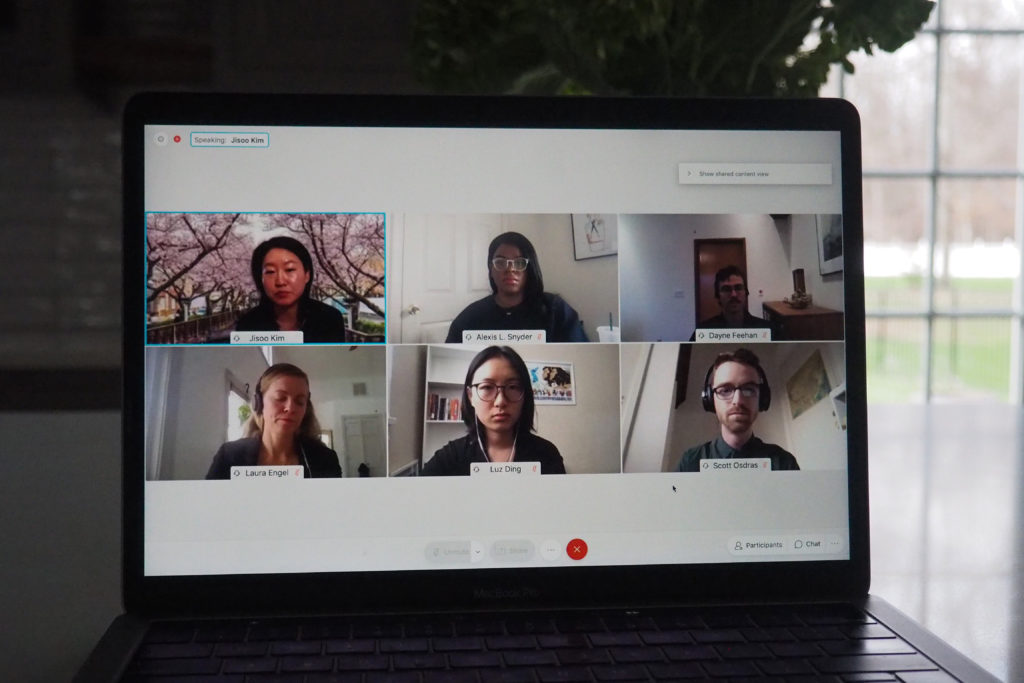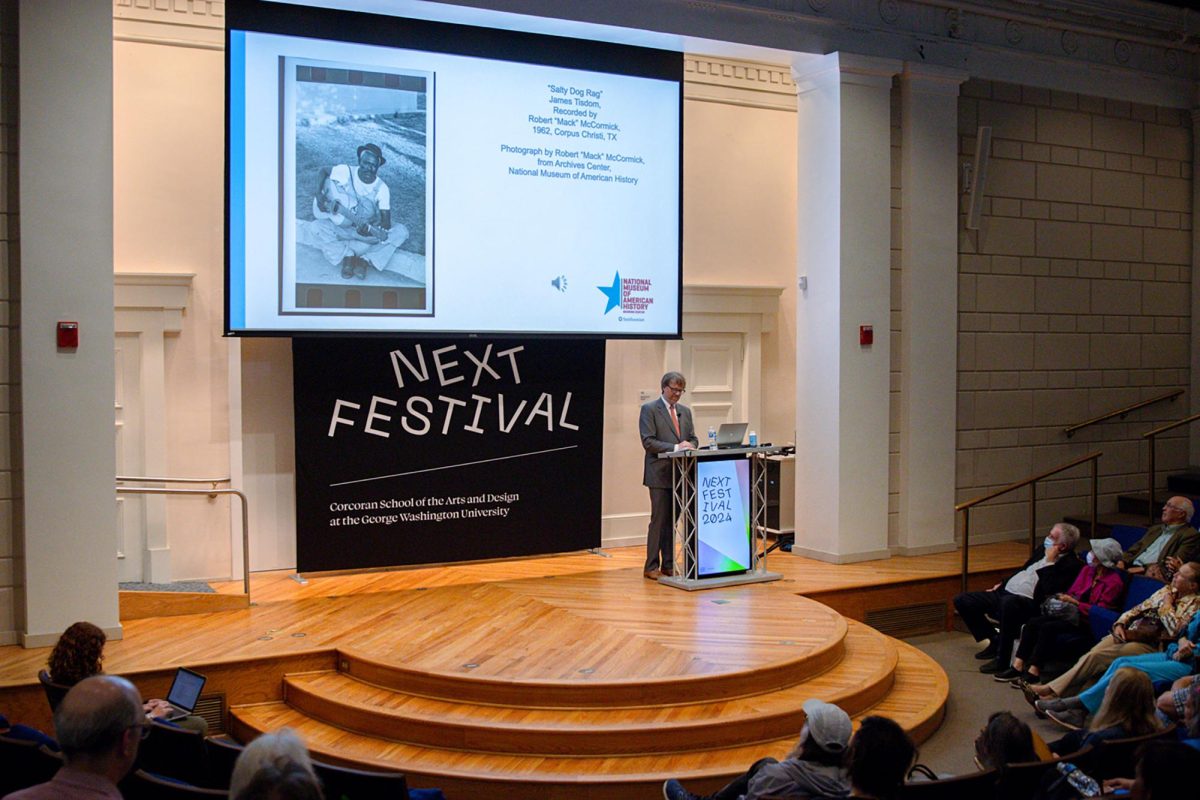A panel of people with backgrounds in study abroad programs discussed the challenges for international education in a post-pandemic world Tuesday.
The panel consisted of a study abroad program officer, a current graduate student and a GW alumnus who spoke about uncertainties in education relating to COVID-19, the rise of anti-Asian racism and what study abroad programs may look like in the future. Jisoo Kim, the co-director of East Asia National Research Center, and Laura Engel, a professor of international affairs and education, moderated the discussion, which the research center hosted.
Here are some highlights from the event:
Study abroad during the pandemic
Scott Osdras, the program officer at the American Councils for International Education, said study abroad programs switched to an online format last spring immediately after the virus became a global threat.
“When it was decided that overseas programming wouldn’t be feasible, our next challenge was shifting gears and coordinating with our funders and our overseas partners to reimagine our programs in a very short amount of time to make them meaningful and substantive and to offer a similar experience,” he said.
The ACIE released virtual solutions to programs shifting abroad, like having a virtual movie night with a language partner and having local music artists perform through Zoom calls, Osdras said. But he added that the “Zoom fatigue” and lack of immersion and connection to peers in the program resulted in a lack of interest, leading to a “significant” decline in participant enrollment this year.
Different abroad programs will need to make “case-by-case” determinations in terms of which ones are able to proceed in the future, but there can be a “permanent role” for this remote learning, Osdras said.
“I think we can offer [remote learning] in the future for students who may not be able to go overseas,” Osdras said. “But you want access to intensive language study and especially in certain languages that they don’t have access to in their home universities.”
Alexis Snyder, a graduate student studying Asian studies and a peer mentor for the Elliott School of International Affairs’ First Year Experience course, said she has participated in past intensive language learning programs in South Korea. This year, she planned to pursue another program in the country, but her plans changed as a result of COVID-19.
“Among all of us, it seems kind of uncertain when and how I will be able to pursue that same sort of intensive study in Korea, if possible in the future, in a year, next year from now,” she said.
Snyder said when students go abroad, they want to find opportunities that they would not experience or learn about in their home country, but she said her Elliott School mentees were also experiencing “uncertainty” regarding what programs will look like.
International students’ challenges and the rise of anti-Asian racism
Luz Ding, a freelance journalist, GW alumnus and former Hatchet reporter, said international students are increasingly facing challenges with the rise of anti-Asian racism in the United States.
“When the U.S. started to confirm cases and up until the nationwide shut down, there were not many people taking precautions, social distancing, not many wearing a mask,” she said. “At the same time, there was also very limited testing capabilities. A lot of international students decided to go back to their home country and take classes.”
Ding said the first challenge for international students traveling throughout the world is the health concern. She added their secondary concern is being able to continue their education and find “career development prospects.”
“There has always been a certain degree of visa restrictions,” she said. “So this led to another wave from international students leaving right upon graduation because they feel like they can’t find a job.”
Ding said there has been a rise in cases of anti-Asian racism in the country. She added that numerous incidents racist incidents have happened to her friends and professors and gave the example of an assault against an Asian woman in Manhattan last March.
“I didn’t hear any of my close friends report racist incidents until this year,” she said. “And me personally, I wasn’t caught in a racial slur until this year.”








